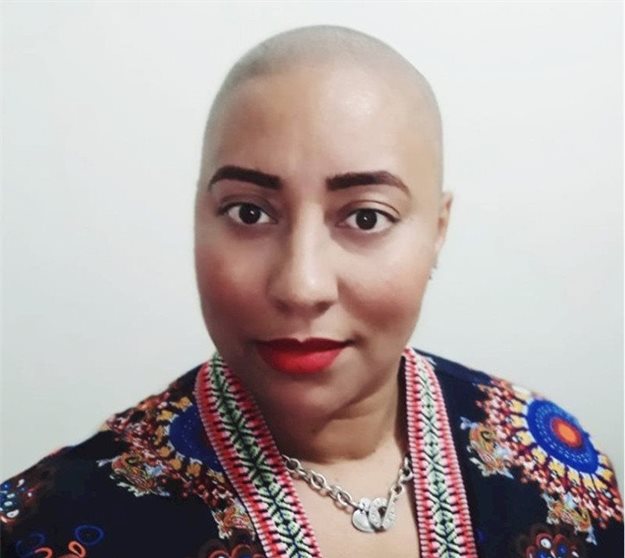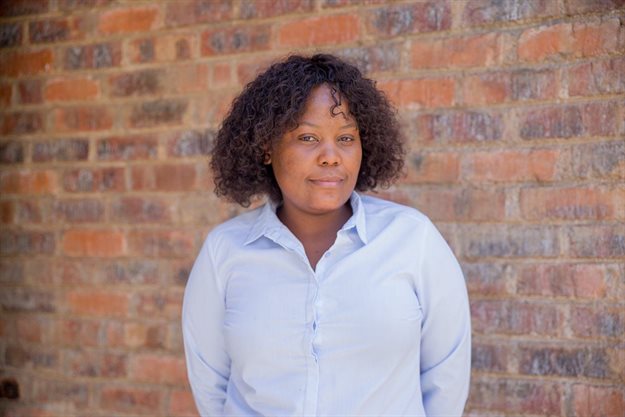
Top stories






More news


Marketing & Media
Ads are coming to AI. Does that really have to be such a bad thing?














As women continue to make inroads into other professions, this sector remains stubbornly male-dominated, and not only in South Africa.
“Fewer than 10% of our pros are women,” says Royzanne Kampher, head of human capital for Kandua.com, a local online platform for home services. Kandua connects independent contractors and small home service businesses such as plumbers, carpenters, builders and electricians to customers. “This number is in line with figures in the US, Canada and Europe, where women occupy around 10-12% of roles in the construction industry.”

“The barriers that female artisans face are similar to those we see in other male-dominated industries, such as gender stereotypes, a lack of mentorship and career networks, and sexual harassment,” explains Kampher. “However, there are definitely barriers that are more pronounced in the trades.”
An example of this is stereotypes and perceptions and, in some cases, the realities of the physical strength needed to perform certain tasks in artisanal occupations.
“There are still so few women in the construction or home renovation space – when in reality we are just as up for the task as men. I hope that just by owning my own home renovation service, it will inspire other young women to enter the field because of the barriers I’ve already broken,” shares Kandua pro Phindile Tarnia NcĬbe.
South Africa requires more artisans in order to meet its development needs, and if enrollment figures at TVET colleges are anything to go by, young South African women are up for the challenge. Around 45% of students enrolled in programmes such as civil engineering, construction, electrical infrastructure and mechatronics are female.
“The key is to be intentional about helping women succeed in this space,” emphasises Kampher. “If we don’t address the barriers that these women are confronted with, we will continue to see a gender imbalance in the artisanal sector.”
“Our primary focus as Kandua is enabling access to market for the independent contractors and small businesses on our platform: helping them find more customers,” explains Kampher. “However, through partnerships, we also offer our pros business and personal skills development opportunities. We actively encourage our female pros to apply for these programmes when they are offered.”
The recent MakersHub programme, a partnership between Kandua, BluLever Education and Allan Gray Makers, is an example of such an opportunity. MakersHub is an incubation programme that focuses on enabling artisan-based businesses to formalise, grow and succeed, and includes peer and mentorship support.
Dimakatso Rosemary Mashigo, owner of a rubble removal service was part of the first cohort. “I applied for this programme because I needed a platform to formalise my business. In addition to the formal skills that I learned, it was an opportunity to learn more about myself and the values that I wanted my brand to stand for – this self-awareness helped me to identify the market needs that my business and I were best placed to meet.”

“What is also incredibly important to us is to genuinely foster a diverse and inclusive workplace at Kandua: if we don’t make sure that our own organisation is free from gender bias, we will not have the right mindset to help women artisans succeed,” concludes Kampher.